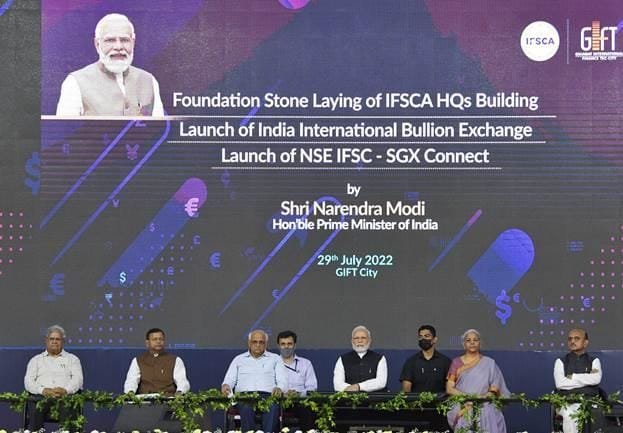Liquidity key to weather near-term headwinds: ICRA
ICRA Ratings has said that extended moratorium on loan repayments given by the Reserve Bank of India till August 2020 would have a bearing on collections by Non-banks and this could pose a challenge to their liquidity, especially the mid- and small-sized entities.
Non-Banks are estimated to have close to Rs.6.0-6.5 trillion of long-term debt maturities in the current fiscal, ICRA pointed out in a release on 2 June 2020.
Thus, assuming stable AUM vis-à-vis the March 2020 levels, entities would have to refinance the same.
Non-convertible debenture (NCD) maturities of non-banks are estimated at about Rs.2.6 trillion while bank loan maturities are estimated to be about Rs.3 trillion in the current fiscal.
This apart, commercial paper (CP) maturities over the period May 2020-March 2021 is about Rs.1.2 trillion.
Says A. M. Karthik, Vice President and Sector Head, Financial Sector Ratings, ICRA, “Of the total NCD maturities of non-banks in the current fiscal, lower rating categories (A+ and lower, excluding entities in default) is only about 11-12%.
“Targeted funding to these entities would help them weather near-term headwinds. About 85-90% of the CP maturities pertains to AAA/AA+ rated entities, which are likely to be rolled-over or refinanced by other sources.”
As per ICRA note, about 30-75% non-bank AUM (depending on the entity under consideration) is under repayment moratorium though not all lenders have extended a moratorium to the non-banks.
Also, the moratorium is not applicable for market instruments [NCDs/CPs], which account for about 35-40% of the outstanding borrowings.
While fresh sanctions from lenders including financial institutions (SIDBI, NABARD, NHB) are in various stages of approval, the liquidity profile of non-banks, especially lower-rated and small entities, could witness headwinds in the event of any delays in securing fresh funding and as the Reserve Bank of India (RBI) permits them to offer a further 3-month moratorium (till August 2020) period to their borrowers.
“Most non-banks carried adequate on-balance sheet liquidity as of March 2020, which, along with access to funding lines, would be sufficient to meet their 3-month requirements,” said Karthik.
“However, the extension of moratorium until August 2020 could adversely impact their collections than the previously anticipated levels.
“Further, any delay in the disbursement of sanctioned lines or fresh sanctions could impact entities, especially in the lower rating categories because of their limited financial flexibility,” Karthik cautioned.
The extension of the moratorium would also negatively impact loan sell-down volumes, which emerged as the key funding avenue for non-banks since Q3FY2019, with banks being the largest investor segment in this category.
Loan sell-down volumes, which remained healthy at about Rs.1.9-2.0 trillion over the last two fiscals, would be significantly impacted in the current fiscal, further exacerbated by asset quality concerns amidst rising uncertainties caused by the contracting economic activity.
External commercial borrowing issuances would also be muted vis-à-vis the levels achieved in the last fiscal, considering the global nature of the Covid-19 pandemic, while the sharp equity price correction would hamper fresh capital raise for non-banks.
Thus, a sizeable portion of the incremental funding to non-banks would have to be via the direct bank funding.
While RBI has announced various measures to augment sectoral liquidity and funding, private banks are exhibiting risk aversion in taking incremental exposure to the sector.
The Government announced a fully-guaranteed special liquidity scheme and, a partial guarantee scheme via the public-sector banks (PSBs) are likely to see a subdued response as the tenor offered is quite short.
PSBs, therefore, may have to meet much of the incremental sectoral requirements of the current fiscal by taking direct credit exposure to non-banks. fiinews.com









